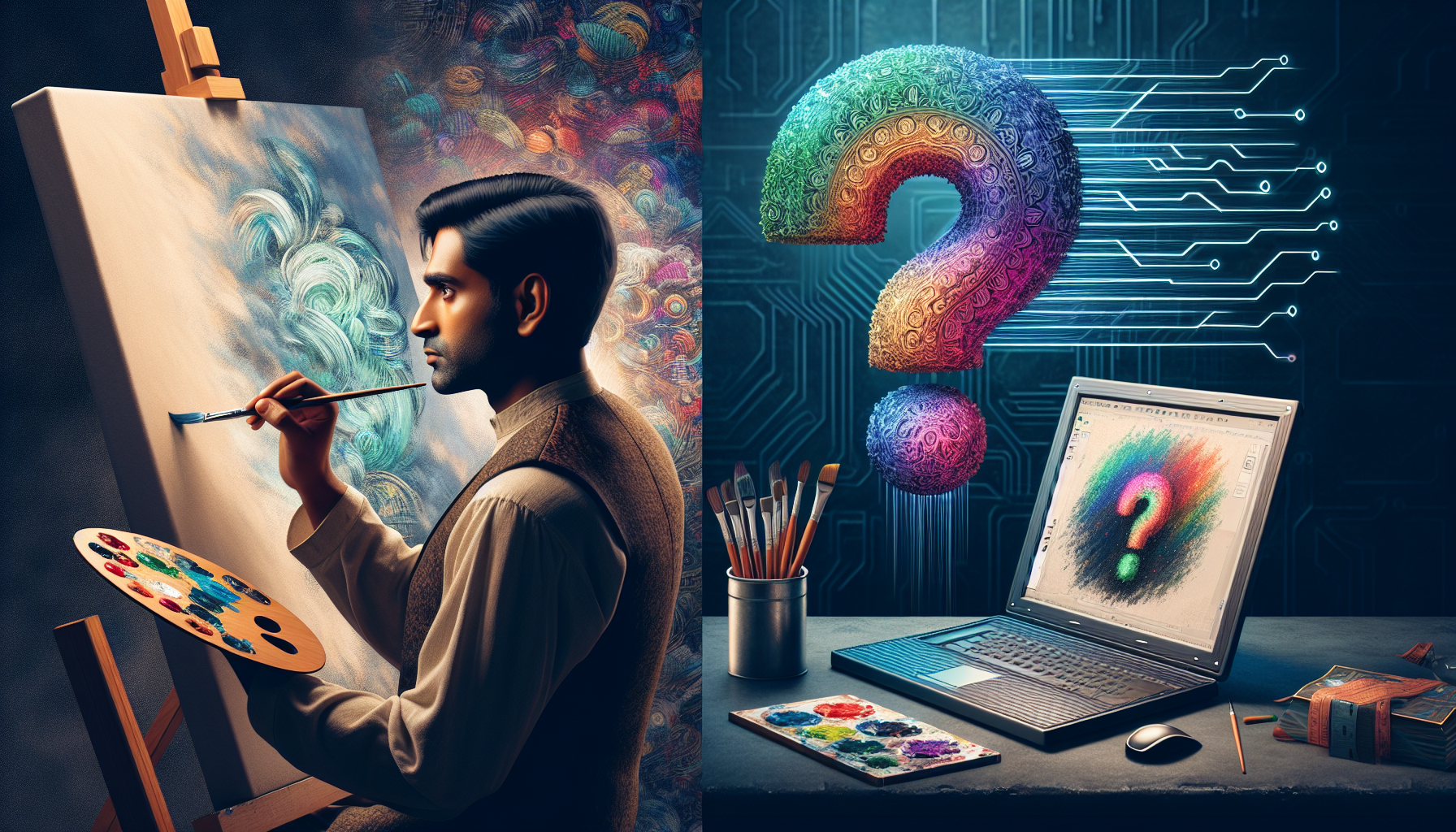
Ever wondered if the AI-generated images you see online are copyrighted? You're not alone. With the rise of AI in content creation, understanding the legalities around AI-generated images is crucial for creators and consumers alike. In this blog post, we'll dive into the complexities of AI image copyright, providing you with clear answers and actionable insights.
Are AI Images Copyrighted? A Deep Dive into Legalities
AI-generated images are a fascinating and complex topic, especially when it comes to copyright. Let's explore what copyright is, how it applies to AI-generated content, and the current legal landscape.
What is Copyright?
Copyright is a legal concept that grants creators exclusive rights to their works, including the right to reproduce, distribute, and display their creations. It typically applies to original works of authorship, such as literature, music, and visual art.
The Unique Nature of AI-Generated Images
AI-generated images are created by algorithms, often with minimal human intervention. This raises unique questions about authorship and ownership.
Human Involvement: Traditional copyright laws were designed with human creators in mind. Since AI generates images without direct human creation, it's unclear how these laws apply.
Originality: For something to be copyrighted, it generally must be an original work. AI-generated images often blend elements from existing works, leading to questions about their originality.
Current Legal Landscape
The legal landscape for AI-generated images is still evolving, with different jurisdictions taking varied approaches.
United States: In the U.S., the Copyright Office currently does not grant copyright protection to works created by non-human authors. This means that AI-generated images are generally not considered copyrighted under current U.S. law.
European Union: The EU has not yet provided specific guidelines for AI-generated works, but discussions are ongoing. Some proposals suggest that copyright might be granted to the entities or individuals who own or operate the AI systems.
Other Jurisdictions: Other countries may have different approaches, and it's important to stay informed about local laws.
Practical Implications for Creators and Users
Understanding the copyright status of AI-generated images has practical implications for both creators and users.
Creators: If you're using AI to generate images, be aware that these images may not be protected by copyright. This means others could potentially use them without your permission.
Users: If you're using AI-generated images in your projects, consider the legal status and potential risks. While these images may not be copyrighted, it's good practice to credit the source and be aware of any terms of use.
Ethical Considerations
Beyond legal issues, there are ethical considerations to keep in mind.
Attribution: Even if AI-generated images aren't copyrighted, giving credit to the creators of the AI tools and datasets used can be good practice and respectful.
Quality and Authenticity: AI-generated images can sometimes be indistinguishable from human-created ones. Being transparent about the use of AI in your work can help maintain authenticity and trust with your audience.